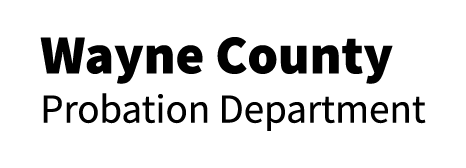
Juvenile Court Hearings
Court Hearing Types
Alternative to Detention (ATD) Hearing
This is a program the Judge can put a child into that requires the child to stay out of trouble and is used in lieu of secured detention. The youth and parent must voluntarily agree to the program, and the Judge will require the child to do certain things that a probation officer will assist with. The preferred ATD is electronic monitoring/home detention.
